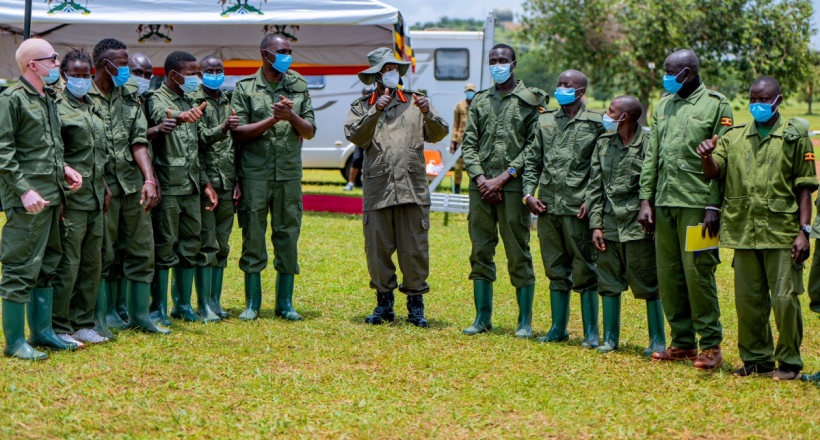
Museveni Urges Local Leaders to Recommit to NRM's Founding Principles
President Yoweri Museveni has called on local government leaders to realign their priorities with the core principles of the National Resistance Movement (NRM), emphasizing the need to prioritize the masses over elite interests.
Speaking on Sunday, September 8 at the National Leadership Institute (NALI) in Kyankwanzi, President Museveni addressed 1,001 local government leaders who had completed a transformational leadership course. The participants, hailing from Yumbe, Kibuku, Masaka, Kiboga, Kibale, Gomba, Mbarara, Nakasongola, Kanungu, and Mbarara City, underwent a two-week training aimed at enhancing their leadership skills.
The President reminded the leaders of the NRM's foundational "mass line" principle, which focuses on serving the needs and rights of the general populace rather than a select few. "When the NRM started, other political parties existed, but they failed to make the masses their focal point. They believed in an elitist view that left the uneducated behind. We said no to this," Museveni stated.
He highlighted specific areas where this principle should be applied, pointing out issues within local governments like the theft of medicines from district hospitals and the lack of emphasis on nutrition and hygiene. "You have District Health Officers who should be actively promoting nutrition and hygiene. Our medicine is being stolen; these hospitals are not isolated from us; they are not in heaven. You as leaders need to investigate these issues and ensure that the principle of good health for all is upheld," he advised.
Addressing the education sector, Museveni referred to the 1997 "Bonna Basome" initiative aimed at providing free education for all. Despite government efforts, he noted that full implementation remains unachieved. "For example, in primary schools, we have 11 million children, but only 2 million progress to secondary education. Where are the remaining 9 million children? This is a failure of the elite to fully implement the mass line, resulting in high dropout rates and interruptions in our education goals," he lamented.
The President urged local leaders to embrace patriotism and Pan-Africanism, underscoring that prosperity comes from productivity, not dependency. "Our number one priority is patriotism and the spirit of Uganda. We believe that prosperity comes from every adult producing goods or services, not from begging or relying on others. Pan-Africanism is also crucial, as Africa can better support our prosperity than Uganda alone," he said.
Museveni also expressed concern over issues of injustice, particularly in land matters, where the less educated often suffer due to systemic manipulation. He criticized local leaders for leaving disputes to the courts, highlighting that many cannot afford legal representation. "In theory, it might seem like a solution, but many people cannot afford lawyers. This leads to a sense of injustice, which fuels public anger," he noted.
He praised the success of immunization programs, pointing out that Uganda's population has grown from 14 million to 46 million, demonstrating effective health initiatives. "Our immunization efforts have been highly successful, leading to a population increase. This demonstrates the effectiveness of our health programs," he observed.
Concluding his address, President Museveni declared the local leaders as committed cadres to the NRM’s vision and urged them to work towards the prosperity and well-being of all Ugandans.
Prime Minister Robinah Nabbanja reported on the successful completion of the second intake of ideological transformational courses for local leaders. She highlighted that the training equipped participants with essential knowledge in patriotism, ideological transformation, and leadership skills crucial for socio-economic development.
Victoria Rusoke Busingye, Minister of State for Local Government, emphasized the importance of open dialogue in advancing national development. She called on Chief Administrative Officers (CAOs) to mentor and assess local government officials, addressing community grievances and educating the public about government programs.
Representing the participants, Kasiki Asiku, the District Speaker of Yumbe Local Government, acknowledged the training's significance in enhancing leaders' capacity to monitor government programs and improve service delivery. He noted significant progress in Yumbe District, including road developments and educational advancements.
Links
- 22 views

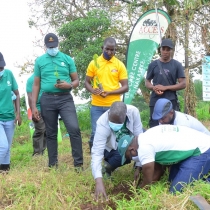




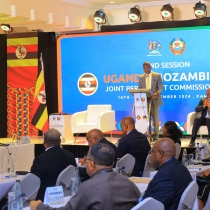
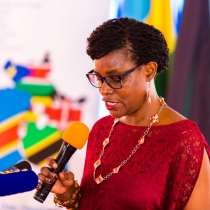

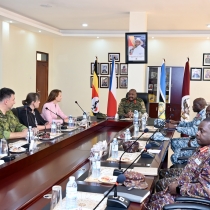
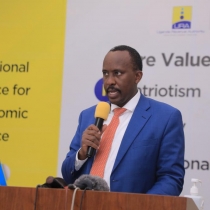
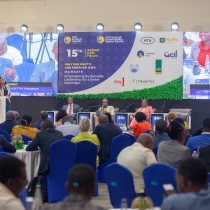
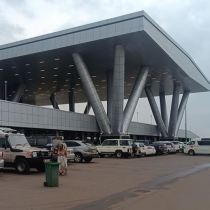
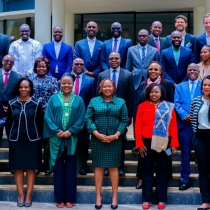
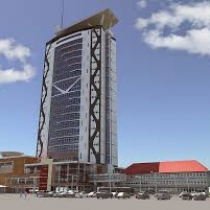






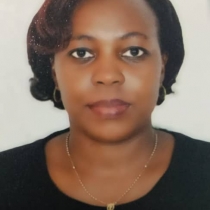

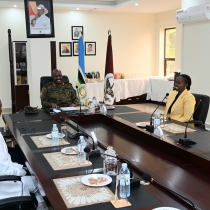
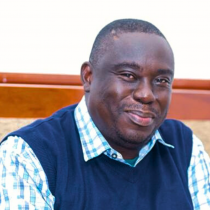





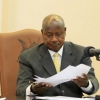

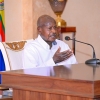
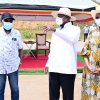





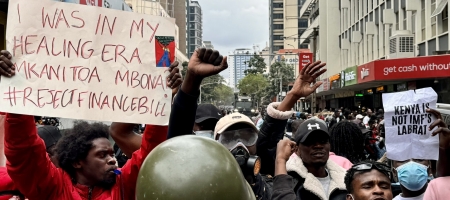




Join the conversation